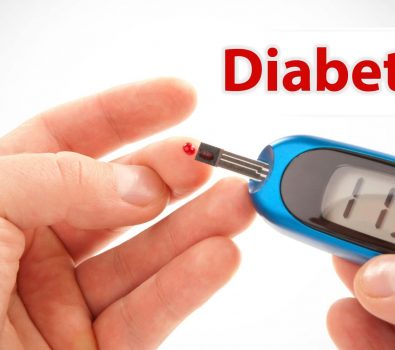The image of a homeless alcohol addict, sleeping under a pile of newspapers, on a park bench at night is for many fact of life. Secure places for homeless alcohol addicts to sleep at night are limited. The reality is that some who are addicted to alcohol do not want the confines of safe shelter. They make a choice to sleep out in the street. There are people homeless due to alcohol addiction in every city.
Whereas most drug addicts don’t see middle age, alcohol addicts who are homeless can be in late middle to early old age. Homeless alcoholics include both men and women who have chosen the bottle as a way of life. Some advanced alcoholics drink methylated spirits. Young adults and teenagers, including children as young as 10, who have become homeless often use alcohol and may have alcohol dependence because alcohol is cheap, can be legally obtained and it is a comfort to them.
There are many reasons why adult alcohol addicts become homeless. Most have previously been able to accommodate and support themselves, some have even been quite prosperous, owning their own homes and businesses, or employed in executive jobs.

Alcoholism is not a disease, it is simply caused by stress. There is said to be a relationship between alcohol addiction and a diagnosis of mental illness, and certainly if not pre existent, prolonged alcohol abuse will cause both physical and mental ill health.
The problem of homeless alcoholics highlights the fact that our world is structured such that no one has an entitlement to safe shelter and to a roof over their head. In our world, to have safe shelter you have to go out and earn it. Unless you win lottery, or seek charity, or find yourself rounded up into the custody of the system, there is simply no place in this world where, without money, you can lawfully be. This makes for temporary hang outs and an itinerant life style for the people of the streets.
Part of the problem for the homeless addicted is that they lack a sense of purpose and self-identity. Their only continuing connection with mainstream society might be a social security linked bank account. With no job and no social security, then for all intents and purposes, the homeless addict is simply invisible to the system. The homeless alcoholic depends on his wits and upon charity.
Due to alcohol abuse being a passive defense to the experience of emotional pain, alcoholics are not, like addicts high on speed, regarded as a public threat, more of a public nuisance. Alcoholics function in the depressive range – with little hope or expectation for the future and low regard for self. For some, a need to accept charity perhaps for the first time can be an added blow to self esteem.
Government housing assists many in poverty but it goes with the assumption that people will still pay a rental which is within their means. Providing homes for the homeless would require a bottomless purse. Not only do they lack both money and possessions, they are destitute in spirit.

The solution to homeless addiction lies in raising self esteem and optimism for the future. Holistic counseling methods can bring relief from a depressive outlook and provide help with issues of self esteem. Often the ladder back into society can look too hard to climb. Holistic therapy, including 100% drug free detox methods for alcohol addiction can provide a helping hand.




